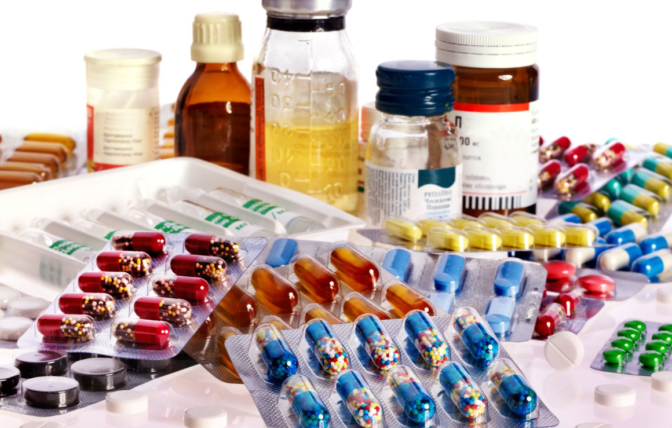
 "
"

 "
"

In Islam the state of mind and a healthy body is valued highly. Islam advises that health maintenance is prioritised to carry out responsibilities in the best states of mind, spiritually and physically strong in carrying out the tasks in daily life. In situations of illness, Islam encourages seek out treatment to cure it. However, in doing so, the methods of applying the treatment, the materials, and accessing the treatment must all be halal.
Therefore, it is extremely important as practicing Muslim to seek out halal treatments for ailments and illness. However, this is difficult to always ensure as most of the current pharmaceutical industry uses haram products. To ensure continuity and sustainability of the halal pharmaceutical industry, concerted efforts from all stakeholders are necessary.
For this reason, the Halal pharmaceuticals industry faces various amounts of issues. Difficulties ensuring the drug products are free from haram impure sources, and that the manufacturing process of the pharmaceuticals was done in a clean and halal manner are just some of the few of the notable.
An example in the case of certifying halal sourced products, would be that of gelatin. It is a commonly used excipient in pharmaceuticals as a stabiliser. Often used in vaccines, antibiotics, anti-inflammatory and anticoagulant drugs it is mainly taken from three sources, bovine, porcine and goat. In such cases of gelatin products, derived from bovine and goat, the animals must be certified of being slaughtered in the Islamic way to conform to halal regulation. It is also important that the source of gelatin must be declared or stated on the product’s immediate label and outer label. Unless these conditions are met, the use of gelatin as a source for products will undoubtedly have issues in being halal.
Another vital factor in making sure the products are halal is to regulate the requirement for all pharmaceuticals and to manufacture them in a ‘Good Manufacturing Practice’ (GMP)-certified factory. The principle of “avoidance of foul matters” is of utmost importance. It is implemented by having Standard Operating Procedures (SOPs) to test the incoming raw materials quality.
The quality testing includes investigations on the identity and purity of the active pharmaceutical ingredients (API) and the additives, presence of microorganisms and presence of heavy metals typically.
As an example of this factor, water can be taken. Suppose water is used to make pharmaceutical products. In that case, the water quality must conform to pharmaceutical grade water, which has very rigid specifications for several parameters, including the conductivity, Total Organic Carbon (TOC), pH and microbial limit. If even one of the above-mentioned issues decrease in quality, then the end product will have issues in being halal certified.
To sum up, the global halal pharmaceutical industries are steadily progressing. To ensure the continuity and sustainability of this halal pharmaceutical industry, continuous and concerted efforts from all stakeholders are necessary. Awareness and practice on halal pharmaceuticals shall be inculcated to ensure that there are no issues of the product being halal.